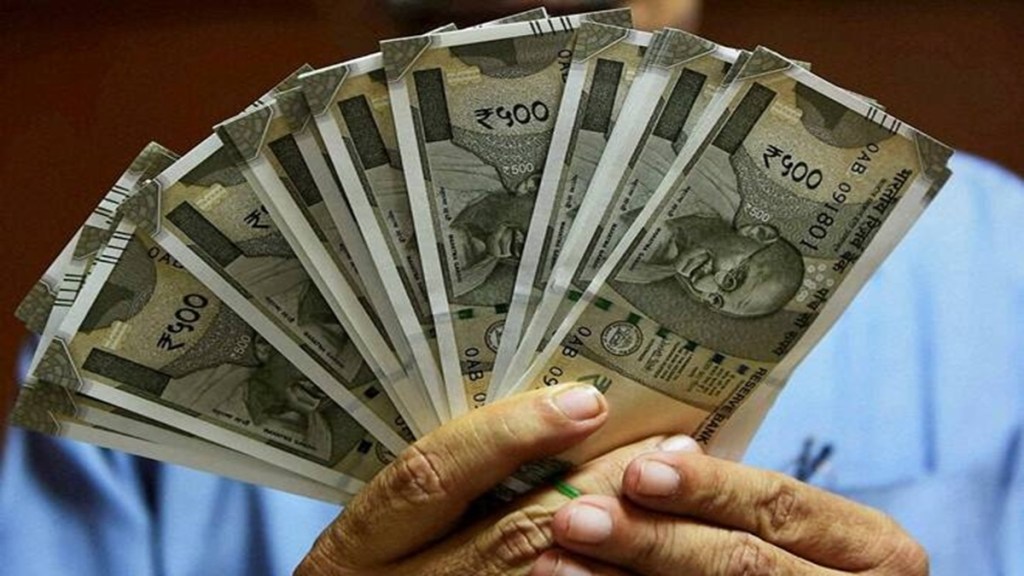8th Pay Commission News: Since the Centre introduced the New Pension System (NPS) for central government employees in January 2004, replacing the Old Pension Scheme, there have been constant demands to revert to the earlier system. Recently, the All India Railwaymen’s Federation (AIRF) shot off a letter to the Cabinet Secretary, Government of India, demanding the restoration of the old pension system of pre-2004.
The federation in its letter wrote, “…more than 20 lakh civilian central government employees are governed under the National Pension System and every month they have to contribute 10% of their basic pay and DA to the NPS. This considerably reduce their take home pay. The government has so far not agreed to our demand to scrap NPS and to restore the pension under CCS (Pension) Rules, 1972 (now 2021) to the central government employees recruited on or after 1st January, 2004.”
This demand has been raised by the association alongside other demands like setting up the 8th Central Pay Commission, from 1st January 2026. The Centre implements new pay commission recommendations usually every 10 years and the last pay commission was set up in 2014 and its recommendations came into effect from January 2016.
The AIRF in its letter to the union government also said that considering all the aspects and the requirements and also to attract qualified and talented candidates to the government service, the time has now come to immediately constitute the 8th Central Pay Commission and “to revise the pay scales/allowances/pension and other benefits” of the central government employees through mutual discussions and settlements.
In view of growing demand for restoration of the old pension system, states like Rajasthan, Chhattisgarh, Jharkhand, Punjab and Himachal Pradesh have reintroduced the old scheme for their employees.
What is old pension system and what are key benefits under it?
Under the Old Pension Scheme (OPS), employees receive a pension based on a fixed formula, which is equal to 50% of their last-drawn salary. They also get the benefit of biannual revision in Dearness Relief (DR).
On top of it, the OPS includes a General Provident Fund (GPF), to which employees contribute a portion from their salary while in job. Upon retirement, they receive the total amount accumulated in the GPF over the course of their employment.
Also read: 8th Pay Commission Salary Structure: How much pay hike central govt employees can expect!
How is OPS different from NPS?
Under the New Pension System (NPS), government employees contribute 10% of their basic salary plus Dearness Allowance (DA), while the government contributes 14% of the basic salary plus DA every month.
In 2009, the government extended the scope of NPS to include all citizens, including self-employed and unorganised workers. This pension scheme allows citizens to contribute a monthly amount until the age of 60 and receive a pension after retirement.
What has been the Centre’s stand on the demand for old pension system so far?
Earlier this year, in response to the demand for the restoration of OPS in place of NPS by the Joint Forum for Restoration of Old Pension Scheme (JFROPS) and the National Joint Council of Action (NJCA), the department of expenditure of finance ministry said, “It is informed that the Committee formed under the Chairmanship of FS & SE to look into the issue of NPS has already had two rounds of detailed discussion with the Staff Side of National Council (JCM) and the valuable views of the NC(JCM) have already been noted by the Committee.”
“Further the points mentioned by JFROPS vide its letter dated 11.01.2024 have already been placed before the committee,” the finance ministry said in a letter dated January 23, 2024,” the ministry said.
Also read: 8th Pay Commission could be reality soon! Here’s what govt employees need to know
Proposal to govt over OPS restoration
In a memorandum dated January 11, 2024, the Joint Forum for Restoration of Old Pension Scheme, set up under the banner of the NJCA, demanded restoration of the defined non-contributory and guaranteed Old Pension Scheme in place of contributory NPS for employees of railways, defence, postal, income tax, accounts and audit, central secretariat, Isro, DAE, etc., autonomous bodies, paramilitary forces, all the state government/union territory employees, including primary teachers, high school and higher secondary teachers, college and university teachers, etc. This demand is for those employees who joined respective government services on or after January 1, 2004.
















